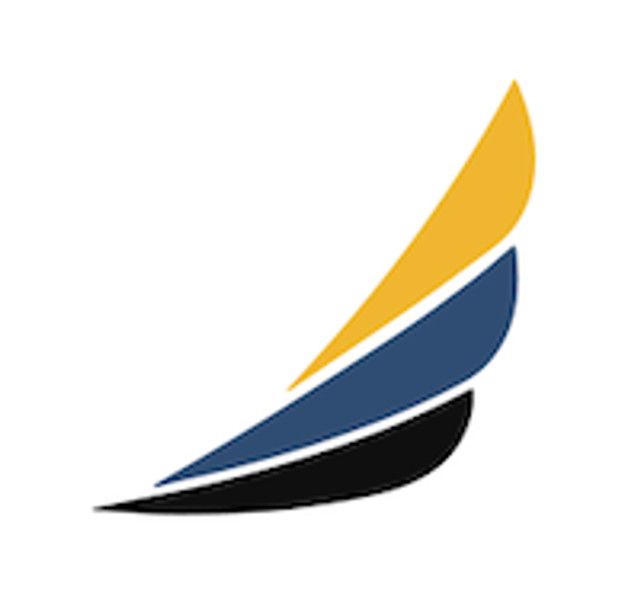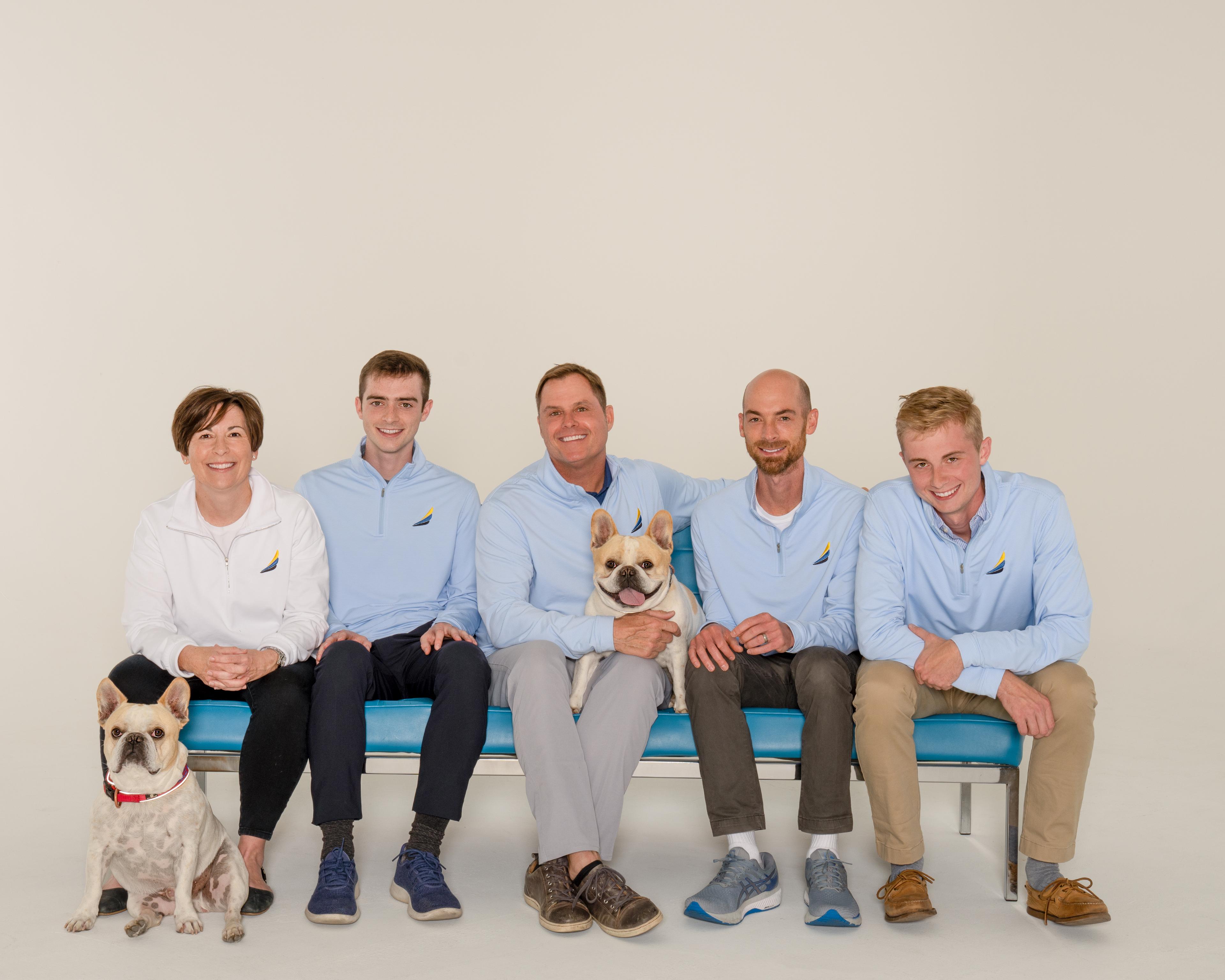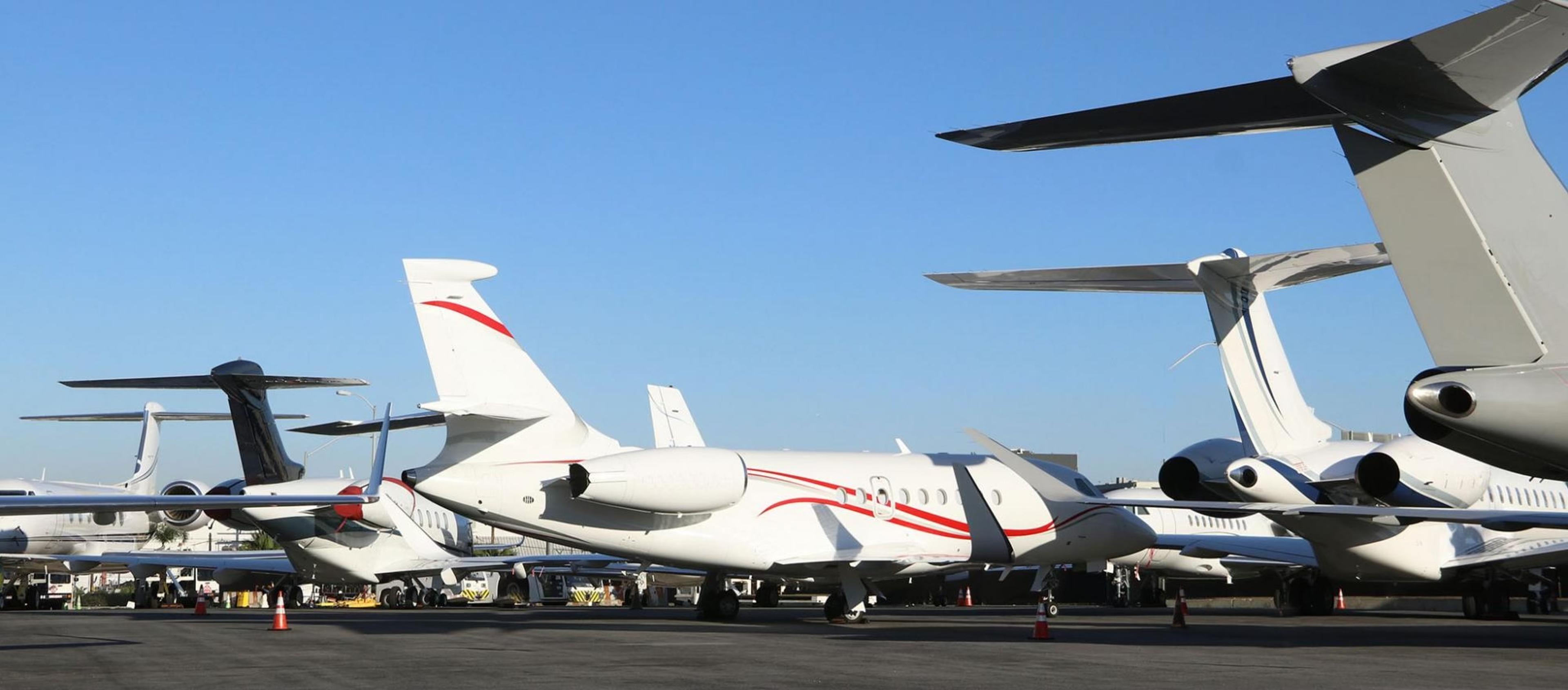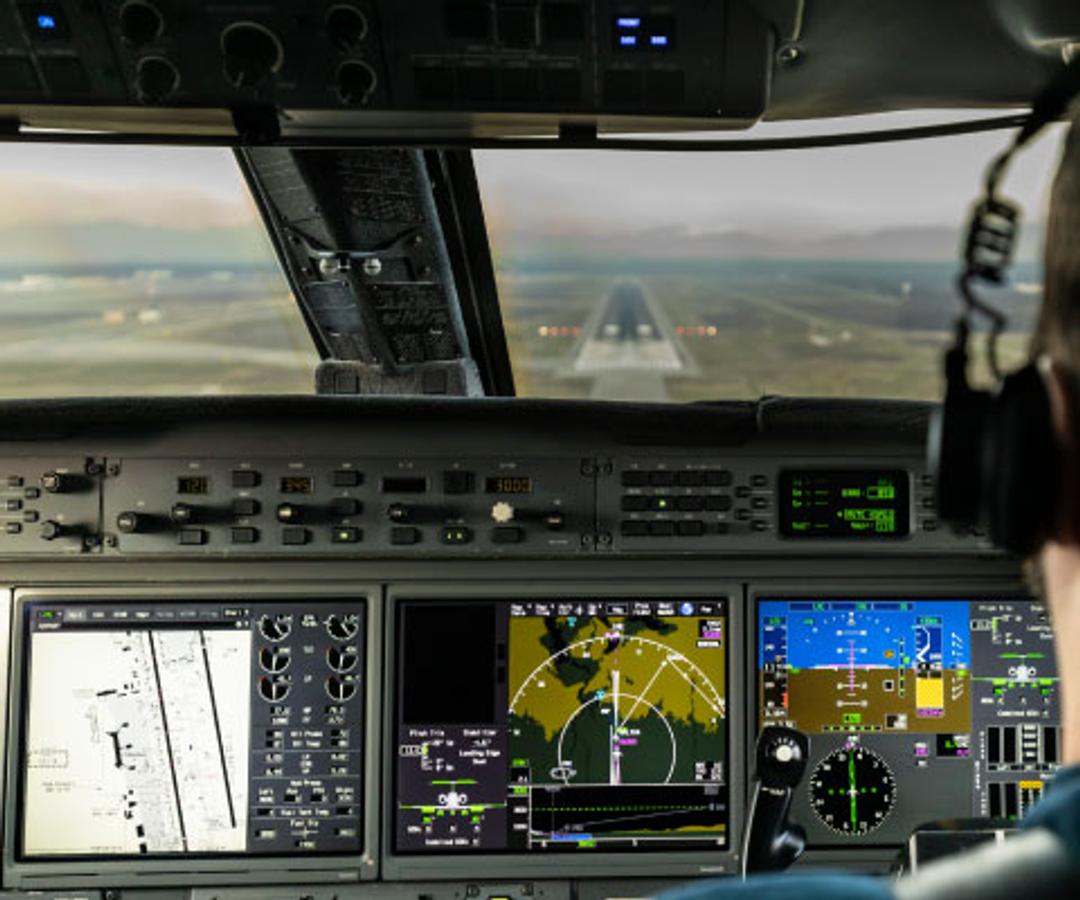

Knowledge is having the right answer. Intelligence is asking the right question. Acing your corporate pilot job interview isn't only about answering questions well. You also have to ask the right questions. In this article, we'll share five creative job interview questions for pilots.
At BizJetJobs.com, we regularly speak with corporate pilot employers who fill us in on their pilot hiring needs. Sure, corporate aviation recruiters use time-in-type as a reason to disqualify an applicant, but we have found that the best employers - the ones pilots love working for - are also looking for much more. "We hire for attitude. We train for aptitude." - BizJetJobs.com Pilot Employer Boilerplate questions won’t make you stand out from other job candidates, and it won’t help you tell whether an employer would be a good fit for you, either. So take the time to come up with some creative job interview questions. This will both show the employer that you went the extra mile - and help you uncover some valuable information that could influence your own job satisfaction! Creative job interview questions for pilots:
1. What kind of personality does well on your team?
Hiring managers often choose the candidate who not only meets the job requirements, but also demonstrates a great cultural fit for their organization. Culture is also likely very important for you, as a pilot. A Monster poll found that 95% of American workers believe overall fit is important when it comes to their happiness at work.
What is job culture, and what does personality have to do with it? Well, when your communication style and the other "soft skills" (a.k.a. your "personality") mesh well with company values, you're considered a great cultural fit. Your most prized "hard skills" (flight time, certifications, etc.) are in demand too, of course. But from an employer's perspective, the ideal candidate has 1) an attitude focused on the company's organizational success, 2) is an excellent cultural fit, and 3) has the hard skills needed - and/or an aptitude for learning them.
Asking "what kind of personality does well on your team?" allows you to dig more deeply than simply asking a hiring manager to describe their company’s culture. It shows the employer that you’re being selective and careful in your job search, and that you’re not desperate. A powerful signal, and one that could protect you in many ways from a bad fit or employer.
2. What advice do you have for the person you hire?
You'll ask this question if you're eager to succeed, which hiring managers love to see. Taking initiative and seeking opportunities for growth before you even have the job is a really proactive way to approach your new position.
For this question, make sure you really listen to the answer! It may give you insight into any opportunities for career advancement within the company. Plus, the advice you get in answer to this question will come in handy if you end up taking the job.
3. How does your organization live out its core values?
This question enables you to demonstrate your interest, while also offering you a window into the company’s daily operations. The answer(s) to this question may give you insight into key benefits being offered at the organization, but also a sense of how current employees feel about their jobs. Do they love working there? Why, and what does that look like?
4. What do you wish you had known about working here before you started?
None of us want to be "surprised" with negative information about our new job, but things we didn't ask or didn't know can become our Achilles heel in a new corporate pilot job. The answer to this question will provide you with unique insight into the hiring manager’s background, and could even shed some light on the company’s inner workings.
5. What has the company done to help you further your own career?
Increasingly, pilot recruiters are being told to look for candidates that have both the right fit skill-wise and the right attitude. This varies based on corporate culture, but in the aviation industry we are seeing more and more employers who believe that technical skills can always be taught -- given the appropriate attitude and aptitude. So make sure you are honest about your hard and soft skills, that your resume is accurate, and that your log books are in good shape. The aviation hiring manager is encouraged to personally explore and verify every fact that will influence your success or failure.
Many candidates will ask general questions about training, getting new type ratings, and education reimbursement, but few will ask the recruiter or HR representative specifically what the company has done for them. Making it personal could provide even more information about what you can expect if you do take this job.
Listen for agreement between the interviewer's rhetoric, the job requirements, and what you've been hearing on the street. If everything matches up and you are a great fit, be sure to let them know why.
*
Are you an employer with thoughts, questions, or comments about hiring a good corporate pilot? Are you a pilot wanting to know more about the corporate pilot hiring process? Do you have ideas about other topics we should cover? We want to hear from you! Please reach out to us directly at (402) 253-7809 (8am-5pm M-F CST).




